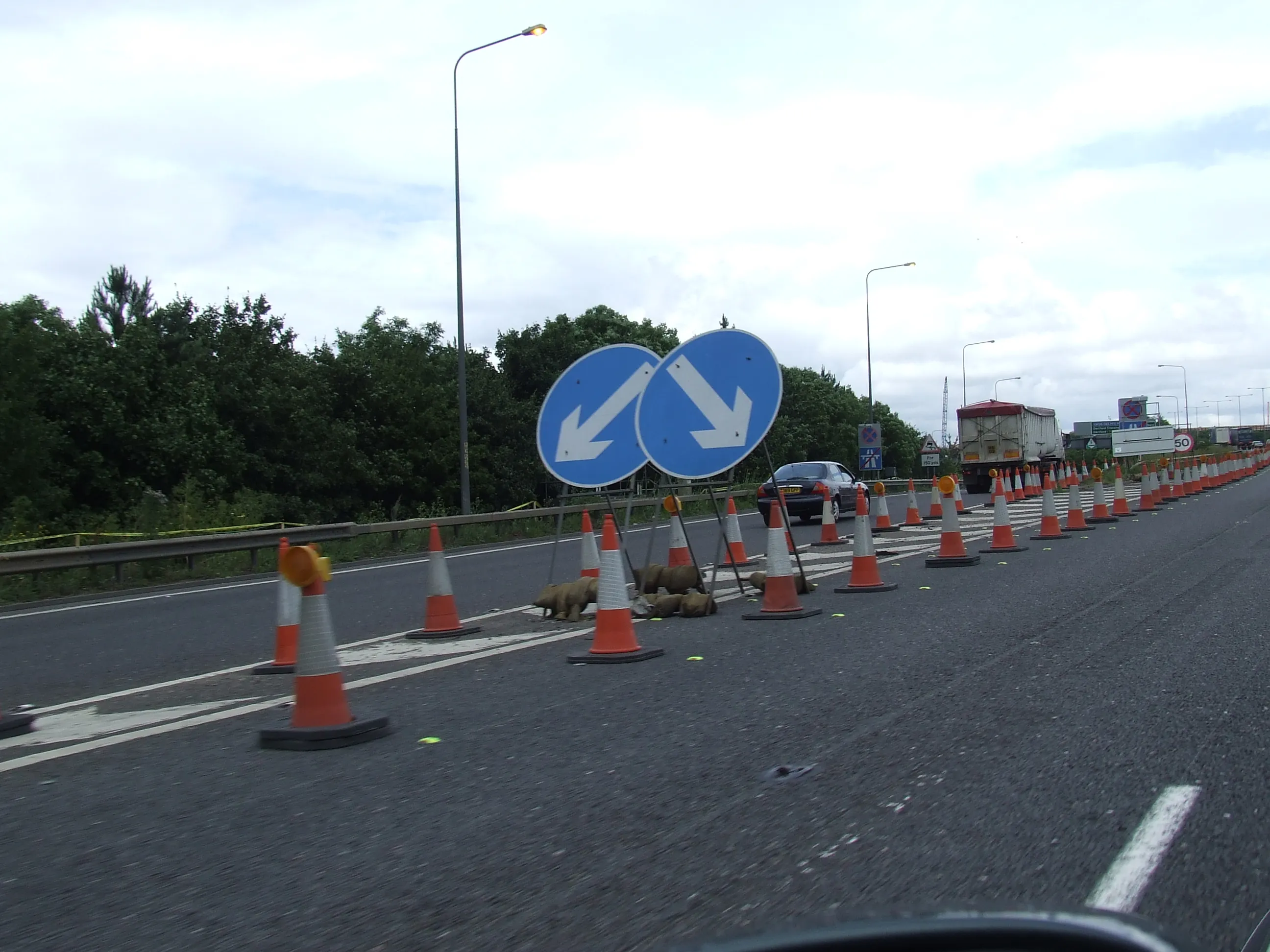All around the world, road expansion and maintenance is both necessary and ongoing. In the developed nations the focus is more on road maintenance and widening, while developing nations are concentrating on new road construction. Road networks are crucial to economic development as well as political stability, which often go hand in hand. The massive growth in the US economy from the 1950s onwards was boosted strongly by the development of the country’s interstate network.
But in recent times, funding
April 21, 2016
Read time: 3 mins

All around the world, road expansion and maintenance is both necessary and ongoing. In the developed nations the focus is more on road maintenance and widening, while developing nations are concentrating on new road construction. Road networks are crucial to economic development as well as political stability, which often go hand in hand. The massive growth in the US economy from the 1950s onwards was boosted strongly by the development of the country’s interstate network.
But in recent times, funding has become more and more of an issue. Complacency over the state of roads abounds in developed nations, where many claim that their taxes were used to build road infrastructure, guaranteeing a right to use those links. This outlook pays no regard to the cost of maintenance, which is much needed in many countries. In the US for example, there are currently some 58,500 bridges known to be structurally deficient. And at the current pace of spending, it will take at least 21 years before these bridges can either be replaced or upgraded. US politicians are unwilling to speak out about this difficult truth and announce that increased fuel taxes are needed. Instead as the run up to the US election takes hold, many politicians are repeating deliberate untruths about tax cuts being feasible once greater efficiencies of public spending are introduced.
In Germany too there is a recognition that the road network needs more funding and the Finance Ministry has said that the country’s road development programme is seriously underfunded. At present around €10 billion/year is spent on road development in Germany. But for the road programme to be achieved, the annual spending will have to rise to €14 billion by 2018. The federal authorities in Germany are keen to wrest responsibility for road development from state governments and introduce PPP schemes to widen or rebuild key highway links, which has met with strong resistance.
Tolling offers one easy solution to developing highway networks. The tolled highways in France are fast and efficient and in good order. But even in France there is major concern over the state of the N routes and smaller roads that link to the tolled highways.
To those who have been involved with the road sector for some time, it is apparent that drivers paying for road use to fund repairs and expansion will be inevitable. Drivers being charged by the distance and time that they drive will come, and not in the distant future either. Pilot projects are already being carried out.
But in recent times, funding has become more and more of an issue. Complacency over the state of roads abounds in developed nations, where many claim that their taxes were used to build road infrastructure, guaranteeing a right to use those links. This outlook pays no regard to the cost of maintenance, which is much needed in many countries. In the US for example, there are currently some 58,500 bridges known to be structurally deficient. And at the current pace of spending, it will take at least 21 years before these bridges can either be replaced or upgraded. US politicians are unwilling to speak out about this difficult truth and announce that increased fuel taxes are needed. Instead as the run up to the US election takes hold, many politicians are repeating deliberate untruths about tax cuts being feasible once greater efficiencies of public spending are introduced.
In Germany too there is a recognition that the road network needs more funding and the Finance Ministry has said that the country’s road development programme is seriously underfunded. At present around €10 billion/year is spent on road development in Germany. But for the road programme to be achieved, the annual spending will have to rise to €14 billion by 2018. The federal authorities in Germany are keen to wrest responsibility for road development from state governments and introduce PPP schemes to widen or rebuild key highway links, which has met with strong resistance.
Tolling offers one easy solution to developing highway networks. The tolled highways in France are fast and efficient and in good order. But even in France there is major concern over the state of the N routes and smaller roads that link to the tolled highways.
To those who have been involved with the road sector for some time, it is apparent that drivers paying for road use to fund repairs and expansion will be inevitable. Drivers being charged by the distance and time that they drive will come, and not in the distant future either. Pilot projects are already being carried out.








